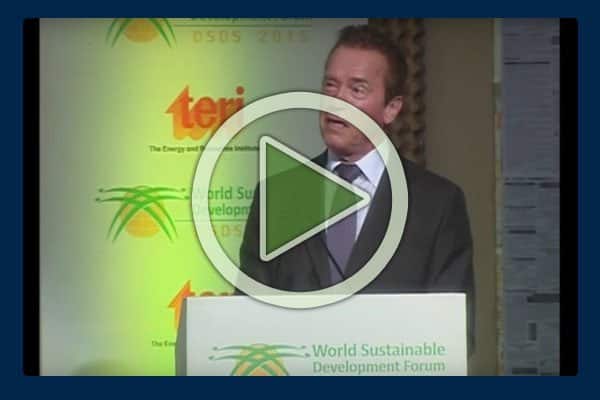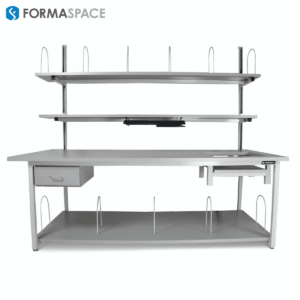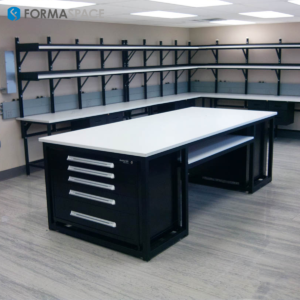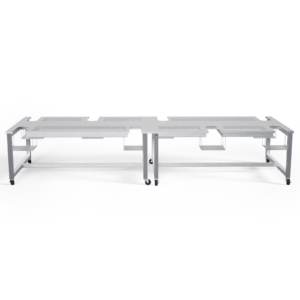Energy markets have been in turmoil throughout 2015. The price of West Texas Intermediate (TWI) crude oil dropped below $40 on December 7, 2015. Today’s price — currently trading $35.79 per barrel — is even lower. Meanwhile, as the price of oil continues to drop, the world’s government leaders were meeting in Paris to discuss climate change at the 21st session of the Conference of the Parties (COP) to the 1992 United Nations Framework Convention on Climate Change (UNFCCC).
In short, the conference set out to update the 1997 Kyoto Protocol agreements on climate change. There hasn’t been a major international agreement addressing climate change since 1997, so a lot was riding on the negotiations taking place in Paris. As the Wall Street Journal reports in the video above, the focus has shifted to controlling the average global temperature increase since the start of the Industrial Revolution to some manageable level — and avoiding a situation where global temperatures rise to a level where the changes to our climate become irreversible and, according to many scientists, lethal for life on this planet.
So what is different about the negotiations this time? Perhaps it could be described as re-framing the underlying goal of an international agreement itself. Rather than focusing entirely on specific carbon pollution limits, which are then portioned out to each country that signs on to the agreement, this time the negotiators have taken a broader look at how nations can work together to change the world’s energy economy — for example by helping poor countries avoid becoming major carbon emitters as they develop their economies.
What are Tech Giants Like Amazon and Microsoft Doing to Help?
Technology heavyweights like Amazon‘s Jeff Bezos and Microsoft founder Bill Gates joined other key executives in promoting a green technology fund to help make this happen. And technology wunderkind Elon Musk — founder of Tesla Motors and SpaceX — gave a comprehensive presentation at the Sorbonne University in Paris on his views of how we can make fundamental changes to our energy economy. His wide-ranging presentation (shown in its entirety in the video above) addresses topics including the Tesla PowerPack, nuclear fission and nuclear fusion — and colonizing Mars.
For the negotiators from the 195 participating countries, the negotiations were a long slog; the conference began November 30 and concluded this past Saturday on December 12. What was accomplished? The Paris 2015 negotiators reach agreement on a 12 page document that calls for the signatory countries to reduce carbon emissions as soon as possible and to keep global warming temperature rise to well below to degrees centigrade.
Is the agreement binding? Not yet. In fact, the agreement doesn’t even come into effect until 55 or more of the governments of the signatory countries agree to the document in 2016. Once the agreement is ratified, the binding enforcement is limited to what has been derisively called a “name and shame” system. Nonetheless, it’s an agreement.
As it turns out, action on climate change is not only happening at the international level. Many city, state and regional governments are working together with non-governmental organizations (NGOs) to reduce carbon emissions. It may surprise you to learn that one of the most high-profile NGOs, called R20 – Regions of Climate Action, was founded by none other than former Governor of California, film action hero and bodybuilder Arnold Schwarzenegger.
R20 is taking what they call a ‘bottom-up’ approach toward climate change by supporting specific, realizable programs that save energy and reduce carbon emissions. These include promoting low energy LED street lighting, increased building efficiency as well as highly reflective roofing materials as part of their “cool roofs” initiative.
Several years ago R20 partnered with the Global Cool Cities Alliance (GCCA) to create the Cool Roofs Toolkit. The idea behind this cool roof initiative is to reduce the effect of “heat islands” that develop around urban areas with dense construction and lots of paved areas. In developed countries, these heat islands in urban centers drive up the peak energy requirements during the hottest days. This in turn increases the amount of energy capacity that utility companies have to plan for when building their energy generation infrastructure.
Converting an existing roof to make cool roof can be relatively inexpensive and it provides the building owner with immediate energy savings. When combined with a large number of conversions in an urban area, cool roofs can help drive down the overall heat island effect — significantly reducing peak energy demand.
For developing countries, energy needs can be quite basic. The Lighting a Billion Lives (LABL) initiative is working hard in places like India to provide solar-based lighting to millions of farmers in rural farming communities. Each one of the solar lamps eliminates a smoky kerosene lantern and provides clean, fire resistance lighting inside rural homes and workshops, which can dramatically improve the economic livelihood of rural communities.
Here at Formaspace, we are also doing our part. We have an extensive recycling program that minimizes manufacturing waste. Our modular industrial furniture is highly configurable, and can be reassembled and reconfigured as your needs change. In many cases, our furniture can be used to achieve LEED credits for certified green buildings, based upon several factors, including recyclable content, local sourcing and reusing the furniture installations when you move from one location to another.
Formaspace is Looking Ahead Toward Energy Efficient Technology

Our philosophy is built it right once and it will last practically forever — hence our famous 12 year, 3 shift labor included furniture guarantee. Your investment in Formaspace furniture saves you
today and saves you in the long run. We invite you to join the roster of satisfied Formaspace technical, manufacturing and laboratory furniture clients — including Apple Computer, Boeing, Dell, Eli Lilly, Exxon Mobile, Ford, General Electric, Intel, Lockheed Martin, Medtronic, NASA, Novartis, Stanford University, Toyota and more.
Give us a call today at 800.251.1505 to find out more about the Formaspace line of built-to-order computer workstations, industrial workbenches, laboratory furniture, lab benches and dry lab/wet labs — as well as our design / furniture consulting services.












